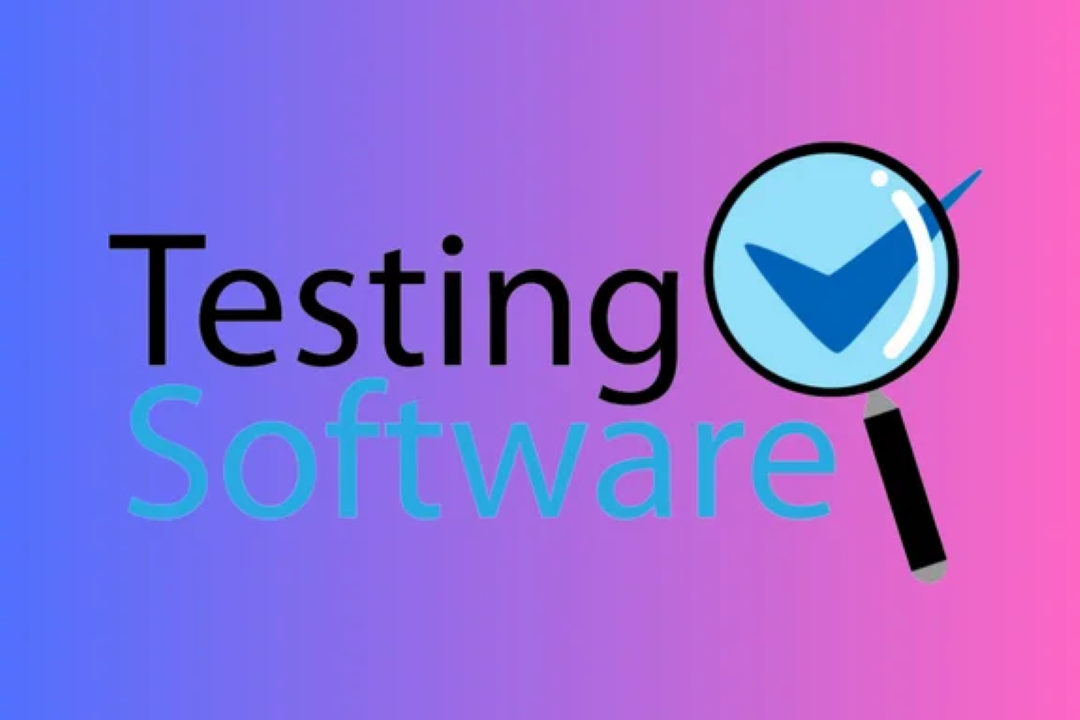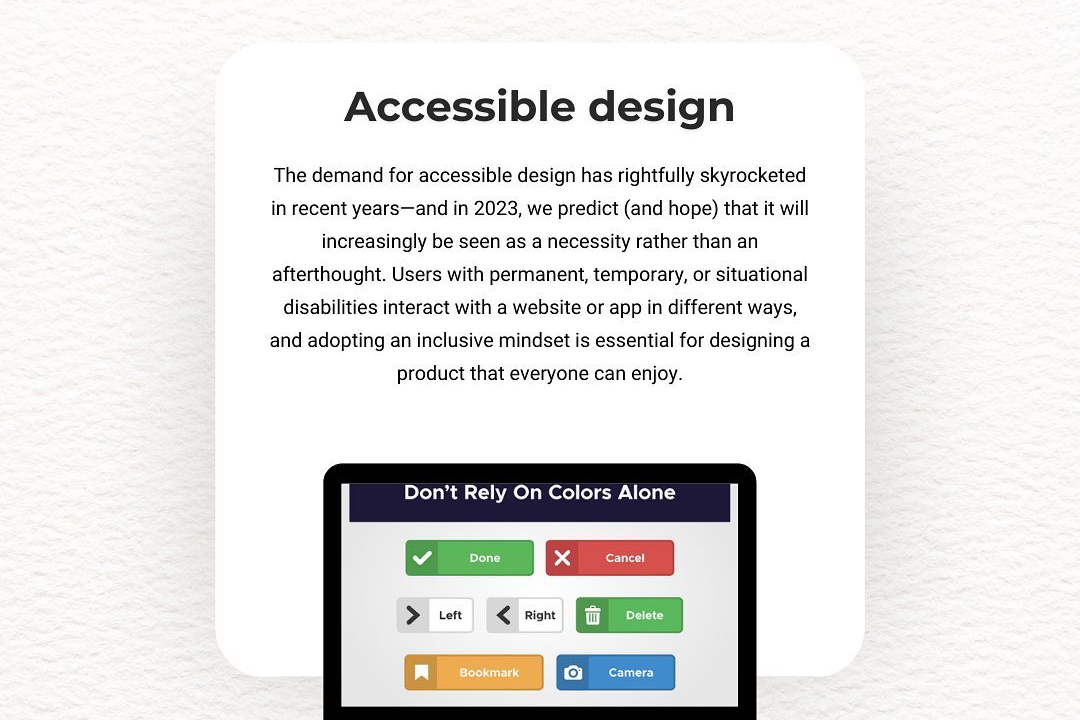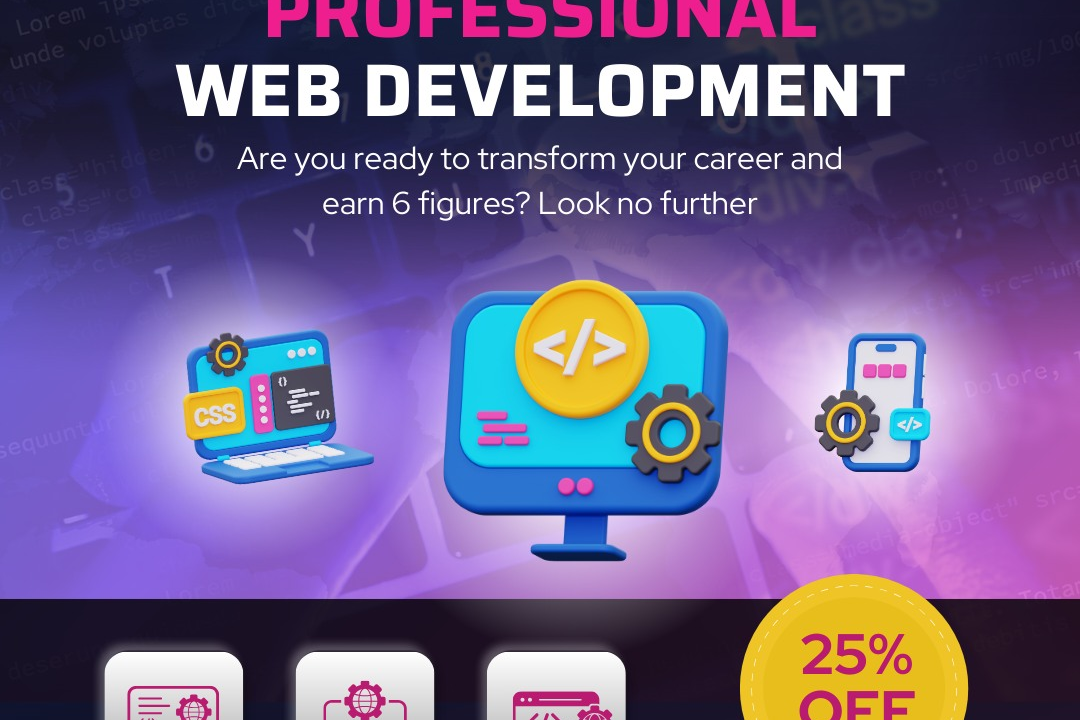3ys Experience In Selenium Testing Interview Questions
Interview questions for candidates with three years of experience in Selenium testing typically delv
3ys Experience In Selenium Testing Interview Questions
Having three years of experience in Selenium testing equips candidates with a strong foundation in automated testing practices, making them valuable assets to any software development team. Interview questions in this domain typically explore their hands-on experience with Selenium WebDriver, their ability to write and optimize test scripts, and their familiarity with testing frameworks such as TestNG or JUnit. This experience is crucial as it highlights their problem-solving abilities and understanding of best practices in test automation. Moreover, candidates can showcase their knowledge of integrating Selenium tests into CI/CD pipelines, ensuring that quality assurance is part of the continuous development process. Overall, their practical experience allows them to contribute to the efficiency and reliability of software applications, ultimately enhancing the overall user experience.
To Download Our Brochure: https://www.justacademy.co/download-brochure-for-free
Message us for more information: +91 9987184296
Having three years of experience in Selenium testing equips candidates with a strong foundation in automated testing practices, making them valuable assets to any software development team. Interview questions in this domain typically explore their hands on experience with Selenium WebDriver, their ability to write and optimize test scripts, and their familiarity with testing frameworks such as TestNG or JUnit. This experience is crucial as it highlights their problem solving abilities and understanding of best practices in test automation. Moreover, candidates can showcase their knowledge of integrating Selenium tests into CI/CD pipelines, ensuring that quality assurance is part of the continuous development process. Overall, their practical experience allows them to contribute to the efficiency and reliability of software applications, ultimately enhancing the overall user experience.
Course Overview
The “3 Years Experience in Selenium Testing Interview Questions” course is designed to equip participants with the knowledge and skills necessary to excel in technical interviews for Selenium testing roles. It covers a comprehensive range of topics, including advanced Selenium WebDriver functionalities, test case creation and execution, and best practices for writing efficient and maintainable automation scripts. The course also delves into common interview questions, allowing candidates to understand the expectations of potential employers and to articulate their experience effectively. By engaging with real-world scenarios and simulated interviews, learners will build confidence and enhance their problem-solving skills in automated testing, ensuring they are well-prepared to showcase their three years of practical experience in the field.
Course Description
The “3 Years Experience in Selenium Testing Interview Questions” course is an intensive program tailored for individuals preparing for technical interviews in Selenium testing roles. Covering an array of advanced topics, this course focuses on real-world applications of Selenium WebDriver, effective test case development, and best practices for automation. Participants will explore frequently asked interview questions, engage in hands-on projects, and practice critical problem-solving techniques. This course aims to enhance learners' technical proficiency and boost their confidence, equipping candidates with the skills necessary to impress potential employers and successfully demonstrate their three years of experience in the Selenium testing domain.
Key Features
1 - Comprehensive Tool Coverage: Provides hands-on training with a range of industry-standard testing tools, including Selenium, JIRA, LoadRunner, and TestRail.
2) Practical Exercises: Features real-world exercises and case studies to apply tools in various testing scenarios.
3) Interactive Learning: Includes interactive sessions with industry experts for personalized feedback and guidance.
4) Detailed Tutorials: Offers extensive tutorials and documentation on tool functionalities and best practices.
5) Advanced Techniques: Covers both fundamental and advanced techniques for using testing tools effectively.
6) Data Visualization: Integrates tools for visualizing test metrics and results, enhancing data interpretation and decision-making.
7) Tool Integration: Teaches how to integrate testing tools into the software development lifecycle for streamlined workflows.
8) Project-Based Learning: Focuses on project-based learning to build practical skills and create a portfolio of completed tasks.
9) Career Support: Provides resources and support for applying learned skills to real-world job scenarios, including resume building and interview preparation.
10) Up-to-Date Content: Ensures that course materials reflect the latest industry standards and tool updates.
Benefits of taking our course
Functional Tools
1 - Selenium WebDriver
Selenium WebDriver is the core tool used in the course, allowing students to automate web applications for testing purposes. It provides a programming interface for creating and executing tests across various browsers, supporting multiple programming languages such as Java, C#, Python, and Ruby. Participants will learn how to interact with web elements, manage browser sessions, and implement basic to advanced automation scripts, making it essential for building a solid testing foundation.
2) TestNG
TestNG is a testing framework inspired by JUnit and NUnit, designed for test configurations and reporting. This tool allows students to facilitate test case management and parallel test execution, thus reducing overall testing time. The course will cover how to organize test cases, manage dependencies, and generate detailed test reports, enhancing the efficiency of the testing process. Understanding TestNG is crucial for structuring automated tests and ensuring their maintainability.
3) Apache Maven
Apache Maven is a project management tool used to manage project dependencies and build lifecycles. In this course, students will learn how to configure Maven for Selenium projects, allowing for easy dependency management and streamlined project setup. This knowledge is vital as it helps in automating the build process and ensuring that the right versions of libraries are always used, making it easier to maintain Selenium projects.
4) Jenkins
Jenkins is a continuous integration tool that facilitates automating various parts of software development related to building, testing, and deploying applications. Students will learn how to integrate Selenium tests within Jenkins pipelines, enabling them to create a robust automated testing environment. This tool is crucial for deploying and running tests regularly, supporting ongoing development processes and reducing integration issues in collaborative environments.
5) Git
Git is a version control system that allows teams to manage changes to source code over time. In the course, students will acquire skills in using Git for tracking changes in their Selenium automation scripts and collaborating with other testers. Understanding Git is essential for maintaining a clean codebase, managing branches effectively, and facilitating code reviews, which are critical for maintaining the quality of testing projects.
6) Cucumber
Cucumber is a tool that supports Behavior Driven Development (BDD) and allows for writing test cases in plain, understandable language. In this training program, students will learn how to write Cucumber tests that can be understood by non technical stakeholders. This promotes collaboration between technical and non technical team members, bridging the gap in communication and ensuring that the end product aligns with business requirements. Mastery of Cucumber enhances the ability to create clear, concise, and effective testing scenarios that drive development success.
Students participating in this comprehensive training program will gain hands on experience with these tools, preparing them for real world challenges in Selenium testing and enhancing their employability in the tech industry.
Absolutely! Here are additional details to further enrich the course offering for Selenium automation testing:
7) Framework Development
Students will learn about different types of automation frameworks, including data driven, keyword driven, and hybrid frameworks. The course will emphasize best practices in framework design, enabling students to create robust and scalable testing frameworks from scratch. This foundational knowledge empowers testers to build adaptable solutions that can easily integrate with various testing requirements and project specifications.
8) Page Object Model (POM)
The Page Object Model is a design pattern that enhances test maintenance and reduces code duplication. Participants will learn how to implement POM in their Selenium projects by creating separate classes for each web page in the application. This modular approach simplifies test case writing and automates interactions with web pages while promoting cleaner code architecture. POM is crucial for large projects where maintaining clear boundaries between the test logic and application state is essential.
9) Handling Dynamic Web Elements
A significant challenge in automated testing is working with dynamic web elements. This course component will teach students techniques to locate and interact with these elements reliably, using strategies such as XPath, CSS selectors, and strategies to handle AJAX calls. This skill is imperative for creating robust tests that can function in dynamic environments and ensure comprehensive test coverage.
10) Error Handling and Debugging
Automated testing often involves dealing with errors and exceptions. Students will learn best practices for handling errors and implementing debugging strategies. This module will educate testers on using logs, screenshots, and annotations effectively to troubleshoot issues within their test scripts. These skills are vital for maintaining the reliability of test automation and enhancing the overall quality of the software.
11 - Integration with Other Tools
The course will cover how to integrate Selenium tests with other tools and services, such as Jira for issue tracking, TestRail for test case management, and Allure for test reporting. Understanding how to create a seamless workflow by integrating various tools is critical for optimizing the testing process and improving team collaboration. This integration knowledge will make testers more effective in delivering high quality software.
12) Performance Testing with Selenium
While Selenium is primarily used for functional testing, it can also be employed for performance testing when structured correctly. This section will help students understand the limitations of Selenium in terms of load testing and introduce them to tools like Apache JMeter and Gatling, discussing how they can work in tandem with Selenium. Knowing how to conduct performance testing is an added advantage that provides a more holistic view of application quality.
13) Mobile Testing with Appium
As mobile applications become increasingly prevalent, understanding how to automate tests for them is crucial. Students will be introduced to Appium, a tool that extends Selenium's capabilities to mobile testing. This allows participants to learn how to write Selenium style tests that execute on mobile environments, thus broadening their automation expertise and making them more versatile as testers.
14) Real Time Project Work
The course includes practical, real time projects that mimic actual industry scenarios, allowing students to apply what they have learned. These projects will cover end to end test automation using real applications, giving participants the experience to create comprehensive test cases, execute them, and report results with clarity and precision. This project based learning approach ensures that students graduate with practical skills and the confidence to tackle real world challenges.
15) Soft Skills and Effective Communication
Besides technical skills, the ability to communicate effectively with team members and stakeholders is crucial for success in testing roles. The course will also focus on soft skills development, including collaboration, conflict resolution, and presentation skills. Preparing students to articulate testing strategies and results clearly makes them valuable team members and enhances their overall career prospects.
By incorporating these additional topics, the Selenium automation testing course at JustAcademy provides a comprehensive education that equips students with both the technical expertise and practical experience necessary to excel in the ever evolving field of software testing.
Browse our course links : https://www.justacademy.co/all-courses
To Join our FREE DEMO Session:
This information is sourced from JustAcademy
Contact Info:
Roshan Chaturvedi
Message us on Whatsapp: +91 9987184296
Email id: info@justacademy.co












